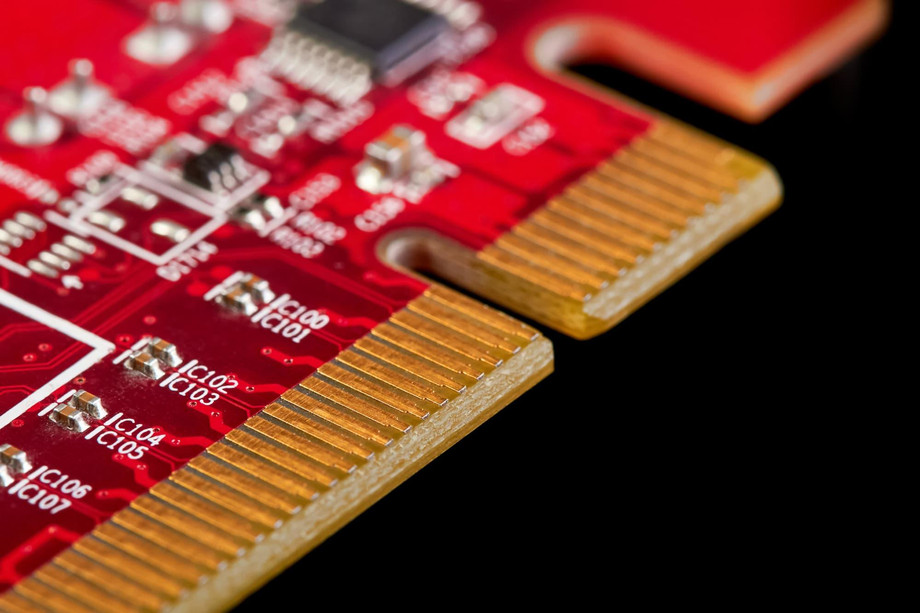The rise of electric vehicles (EVs) represents a significant shift in the automotive industry, driven by environmental concerns and technological advancements. As the demand for electric vehicles continues to surge, the need for robust and efficient EV charging infrastructure becomes paramount. Embedded hardware solutions are at the forefront of this transformation, offering innovative ways to enhance charging efficiency, user experience, and grid integration. This blog explores how embedded hardware is driving growth in the electric vehicle charging landscape, highlighting key technologies, challenges, and future trends.
The Role of Embedded Hardware in EV Charging Infrastructure
Embedded hardware plays a crucial role in the development of electric vehicle charging stations, offering the necessary technology to enable seamless operation, data communication, and power management. Key components of embedded hardware solutions in EV charging include microcontrollers, sensors, communication modules, and power electronics. These components work together to ensure efficient energy transfer, safety, and interoperability among different charging systems.
1. Enhanced Charging Efficiency
Charging efficiency is a critical factor that directly influences user experience and the overall viability of electric vehicles. Advanced embedded hardware solutions can optimize the charging process by intelligently managing power flow and reducing energy loss. For instance, smart chargers equipped with embedded systems can dynamically adjust the charging rate based on factors such as battery state of charge, temperature, and grid conditions. This not only ensures that EVs are charged in the shortest possible time but also enhances battery life by preventing overcharging and thermal damage.
2. Communication and Connectivity
The future of EV charging relies heavily on communication and connectivity. Embedded hardware enables vehicles and charging stations to communicate through various protocols, including OCPP (Open Charge Point Protocol) and ISO 15118. These standards facilitate remote monitoring, diagnostics, and software updates, ensuring that charging infrastructure remains up-to-date and reliable. Furthermore, embedded systems can support mobile applications that allow users to locate nearby charging stations, reserve slots, and make payments—all of which enhance the overall user experience.
3. Integration with Renewable Energy Sources
As the world moves towards a more sustainable energy future, the integration of renewable energy sources with EV charging infrastructure is essential. Embedded hardware solutions can facilitate this integration by enabling smart charging capabilities that align charging times with periods of high renewable energy generation. For example, during the day when solar energy is abundant, embedded systems can prioritize charging vehicles to maximize the use of clean energy. This not only reduces the carbon footprint of EV charging but also promotes grid stability by managing demand effectively.
Overcoming Challenges in EV Charging Deployment
Despite the promising advancements in embedded hardware solutions, several challenges remain in the widespread deployment of EV charging infrastructure. Addressing these challenges is crucial for driving growth in the sector.
1. Standardization and Interoperability
The lack of standardization across different EV manufacturers and charging networks can hinder the growth of the charging infrastructure. Embedded hardware solutions must be designed with interoperability in mind, allowing them to communicate seamlessly with various EV models and charging stations. Collaborative efforts among stakeholders, including automakers, charging network providers, and regulatory bodies, are necessary to establish common standards that promote compatibility and ease of use.
2. Cost and Accessibility
The initial investment in charging infrastructure can be a barrier to entry for many stakeholders. However, advancements in embedded hardware technologies are helping to reduce costs while improving performance. Manufacturers are continuously innovating to create cost-effective components that maintain high efficiency and reliability. Moreover, governmental incentives and grants can further support the deployment of charging stations, making them more accessible to the public.
3. Cybersecurity Concerns
As EV charging infrastructure becomes increasingly connected, cybersecurity threats pose a significant risk. Embedded hardware solutions must incorporate robust security measures to protect against unauthorized access and data breaches. Employing encryption techniques, secure communication protocols, and regular software updates can help mitigate these risks, ensuring that users feel safe while charging their vehicles.
The Future of EV Charging with Embedded Hardware Solutions
The future of electric vehicle charging is bright, driven by continuous advancements in embedded hardware solutions. As technology evolves, we can expect to see more intelligent and efficient charging systems that cater to the growing demand for EVs. Key trends shaping the future of EV charging include:
1. Smart Grid Integration
The integration of EV charging infrastructure with smart grids will allow for better management of energy resources. Embedded hardware solutions will enable real-time communication between charging stations, vehicles, and the grid, facilitating demand response strategies that optimize energy consumption and reduce costs.
2. Wireless Charging Technology
Wireless charging technology is gaining traction as a convenient alternative to traditional charging methods. Embedded systems will play a vital role in enabling efficient power transfer in wireless charging solutions, paving the way for a more user-friendly experience.
3. Advanced Data Analytics
The increasing amount of data generated by EV charging stations presents an opportunity for advanced data analytics. Embedded hardware can collect and analyze data on user behavior, energy consumption, and charging patterns, providing valuable insights that inform future infrastructure planning and investment.
Conclusion
Embedded hardware solutions are integral to the growth of electric vehicle charging infrastructure, driving advancements in efficiency, communication, and renewable energy integration. As challenges such as standardization, cost, and cybersecurity are addressed, the potential for widespread adoption of EV charging stations will increase. With ongoing innovation and collaboration among stakeholders, the future of electric vehicle charging is poised for remarkable growth, making it a pivotal component of the sustainable transportation ecosystem. By harnessing the power of embedded hardware, we can ensure a robust, efficient, and user-friendly EV charging experience for all.
To Know More About embedded hardware

